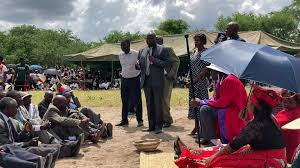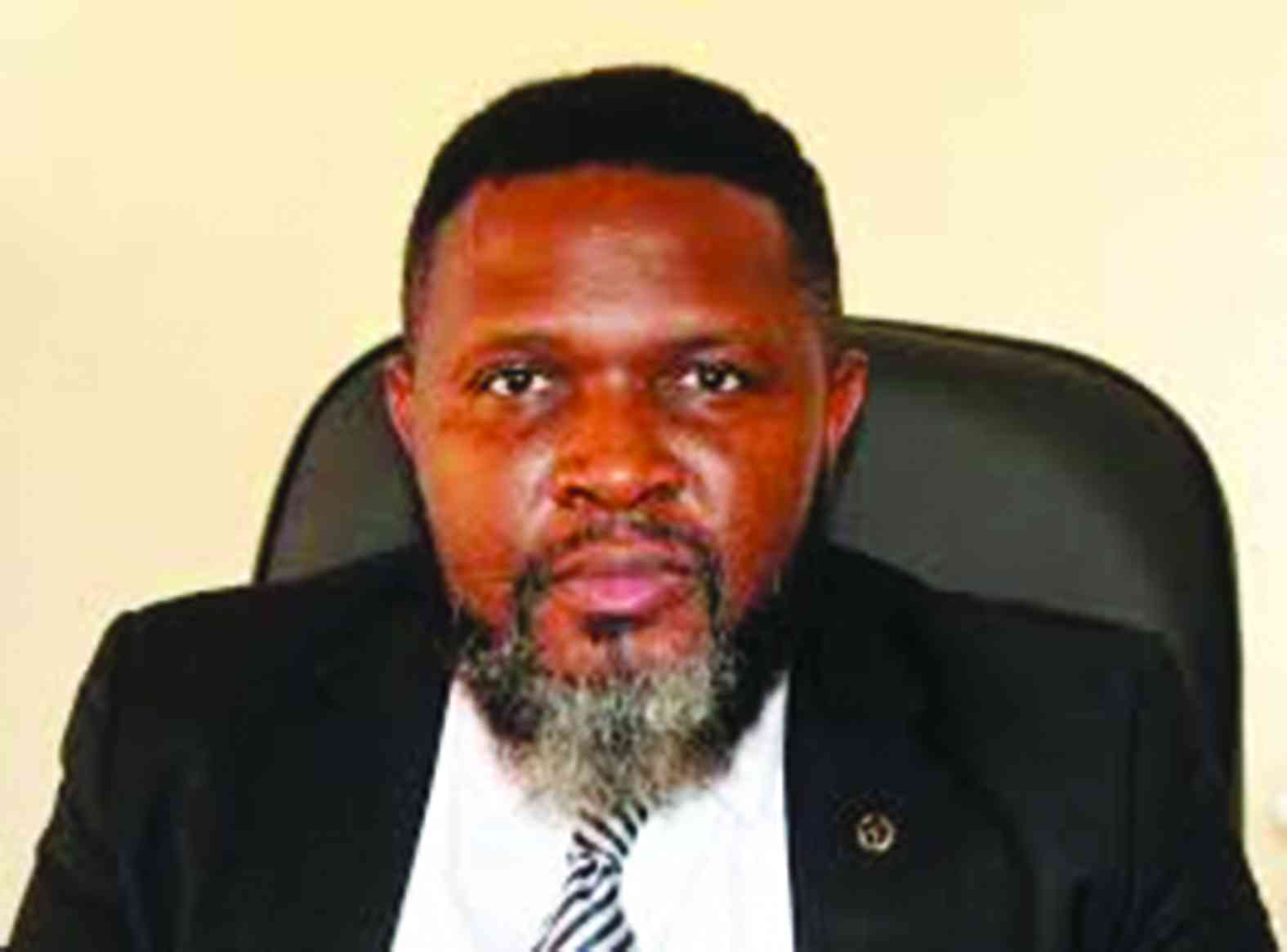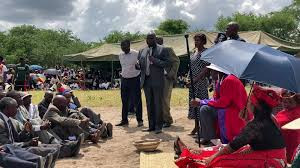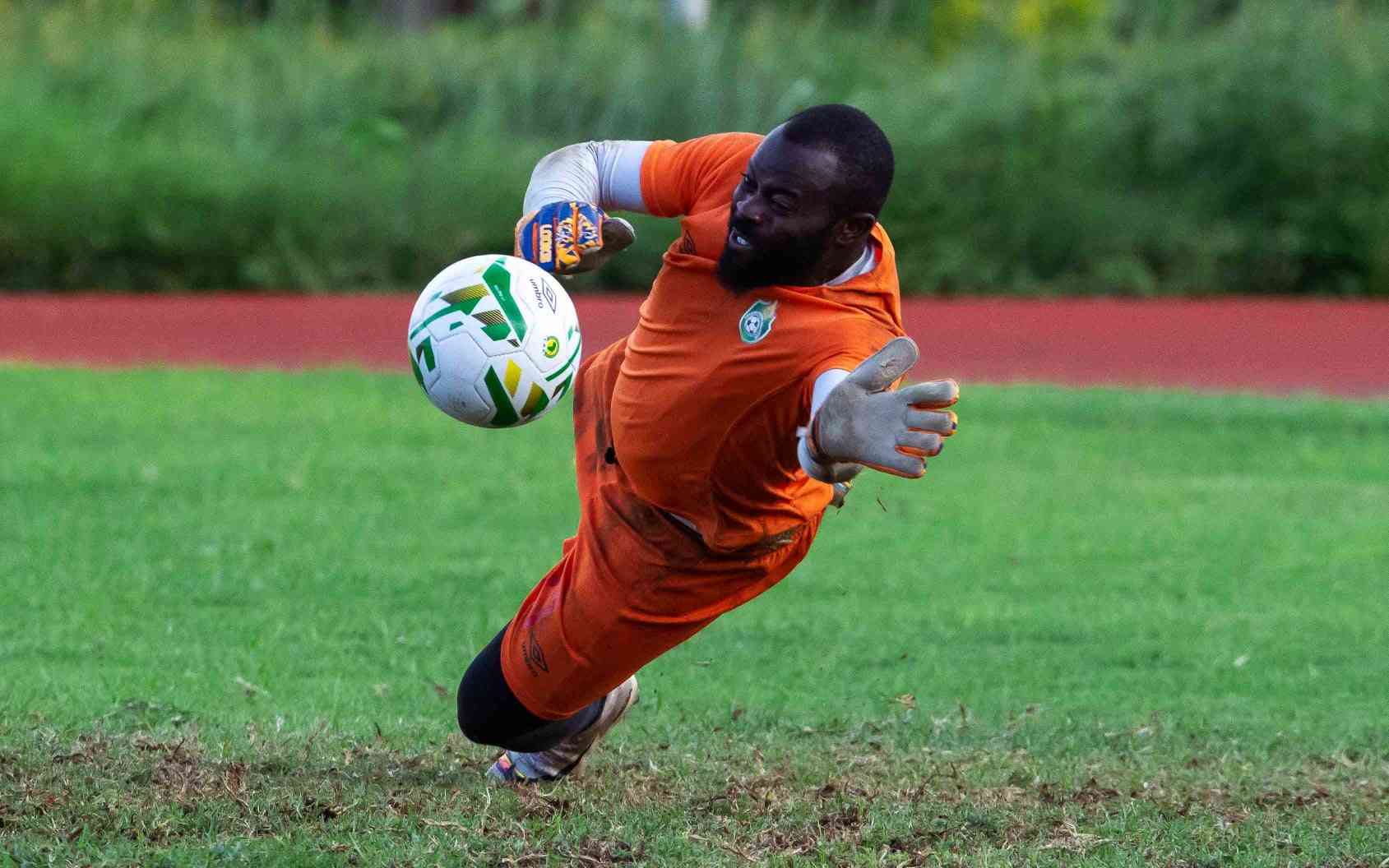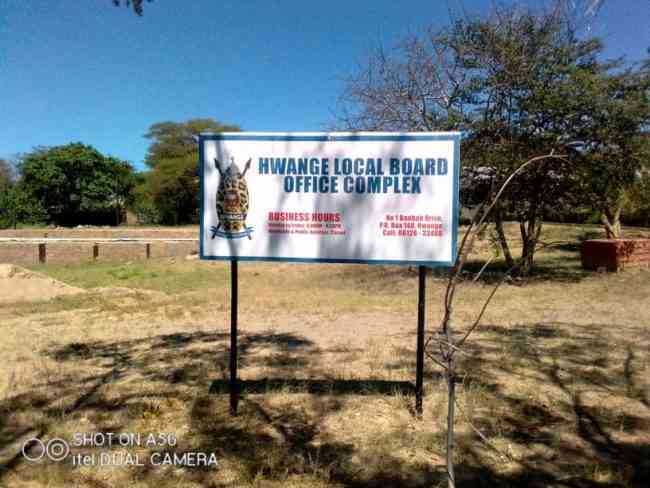
Hwange Local Board (HLB) has begun rolling out a series of projects aimed at supporting informal traders by creating structured trading spaces, an initiative officials say will boost the local economy, improve urban order.
HLB town secretary, Ndumiso Mdlalose noted a significant rise in informal trading, particularly in the high-density suburb of Empumalanga, prompting urgent intervention.
“Informal traders have been operating in undesignated areas, and as a council, we recognised the need to create a more organised and supportive environment for them,” Mdlalose said.
“We want to ensure that everyone has access to proper facilities that promote dignity and sustainability in their work.”
At the centre of the initiative is the Empumalanga Terminus redevelopment, where Council has begun constructing 61 vending stalls.
The first phase, comprising 22 stalls, is already underway.
“We’re also refurbishing public toilets at the terminus, which have not been functional for over a decade,” said Mdlalose.
“This is about more than infrastructure; it’s about restoring service and dignity to these spaces.”
- Travelling & Touring Town: status: Beckoning time for Binga, Hwange
- Hwange eyes town status
- Travelling & Touring Town: status: Beckoning time for Binga, Hwange
- Hwange eyes town status
Keep Reading
In a move to decentralise trading opportunities, council is also constructing 14 vegetable market stalls at three suburban centres-Baobab, Bagdad Section, and DRC.
“We are making sure vendors in all parts of Hwange have access to clean, organised, and designated spaces to sell their goods,” Mdlalose said.
So far, HLB has registered around 500 informal traders in a growing database.
“We have had very positive engagement with the vendors,” he added.
“Many of them are eager to regularise their operations and benefit from better trading conditions.”
He also revealed that long-stalled Empumalanga Flea Market, which remains 60% complete, is now set to resume under a build operate and transfer partnership with a private investor.
“This project had slowed due to funding limitations, but we’re not giving up on it,” Mdlalose added.
“With private sector collaboration, we’re confident it will be completed and become a vibrant economic space for the community.”
Mdlalose said the council’s efforts align with government priorities under the National Development Strategy 1, which encourages the formalisation of the informal sector to promote inclusive growth.
“(Local Government) minister Daniel Garwe has been clear — local authorities must come up with innovative ways to support informal trade without allowing chaos,” he said.
“We are answering that call by creating real solutions.”
He added that improved vending sites will help improve the town’s aesthetics, attract more customers, and open up opportunities in other sectors like waste management and parking services.
“This is not just about vendors—it’s about building a functional and inclusive urban economy,” he added.
“We believe these projects will uplift the community and contribute meaningfully to Hwange’s development.”

